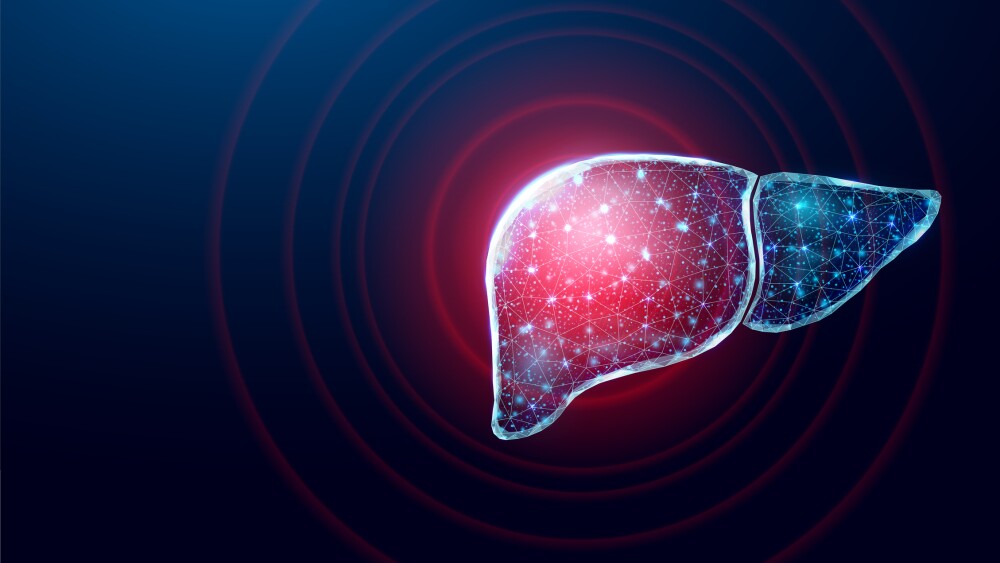RootPath Announces Data on Tumor Reactivity Through Its Proprietary Platform at the Society for Immunology of Cancer (SITC) 37th Annual Meeting.
WATERTOWN, Mass.--(BUSINESS WIRE)-- RootPath, a synthetic biology company that elevates the throughput of gene function interrogation by orders of magnitude, today announced the presentation of data on tumor reactivity in various applications via its PathFinder DNA AssemblyTM technology in three posters at the 37th Annual Meeting of the Society for Immunology of Cancer (SITC) in Boston, Massachusetts.
“The posters that we are presenting at SITC continue to demonstrate the power of RootPath’s platform and approach to transformative cell therapies,” said Xi Chen, Co-founder and CEO of RootPath. “This showcases the efficiency and unmet need for our PathFinder DNA AssemblyTM technology along with its potential to target various tumor types through multiple applications. We are pleased that data continue to validate our platform, which can identify tumor reactive TCRs at unprecedented scale.”
The first presentation provides an overview of an unbiased survey of tumor reactivity and the transcriptional landscape of 1,000 clones of PD-1hi T-cells from peripheral blood during ICB treatment and reveals the breadth and dynamics of anti-tumor immunity. Previous studies have demonstrated that PD-1 may be a biomarker for tumor reactive T-cells in peripheral blood. Using its novel PathFinder DNA AssemblyTM technology, RootPath surveyed 1,000 TCRs from peripheral bulk and PD-1hi T-cells from a melanoma patient before and after ICB treatment. Data show that validated tumor-reactive TCRs do not reside in a single scRNA-Seq cluster and are present before and after ICB therapy. These experiments, enabled by RootPath’s technology, enable the high-throughput discovery of tumor reactive TCRs from the blood and build the foundation for a personalized cell therapy that does not rely on access to the tumor.
The second presentation covers rapid discovery of personalized TCRs through a single-cell transcriptomic signature predicting tumor reactivity. The ideal cell therapy is potent, polyclonal, and proliferative while still being efficient to manufacture. To enable this, RootPath uses its TCR synthesis, screening technology, and reactivity database to develop a gene signature, Interpreter™, that predicts tumor reactivity from single cell sequencing data. The company demonstrates the ability of Interpreter™ to accurately call tumor reactive T cells in a liver cancer patient and validate the TCR reactivity by ELISpot assays, and also shows the utility of Interpreter™ to quickly identify tumor-reactive TCRs without experimentation for a synthetic TIL product that is highly enriched for reactivity and in an improved cell phenotype.
The third presentation showcases antigen-agnostic discovery of tumor-reactive TCRs powered by repertoire-scale TCR gene synthesis and the use of banked allogeneic cancer cell lines revealing anti-tumor responses. The rare tumor-reactive T cells within the tumor-infiltrating lymphocyte (TIL) population are mediators of natural and therapy-induced anti-tumor responses. The enhancement and expansion of these elusive cells became a focus of recent innovations in immuno-therapy. However, most approaches focus on neoantigen-reactive T cells and overlook the equally important T cells that recognize wildtype tumor-associated antigens (TAAs) partly because most TAAs are yet to be discovered. RootPath established a method to screen thousands of TIL-derived TCRs against banked allogeneic tumor cell lines, which likely express many known and unknown TAAs that are expressed by the patient’s autologous tumor. A key to this method is to “HLA-personalize” the allogeneic tumor cell lines. RootPath has successfully identified multiple TCRs that are reactive to both autologous tumor and multiple cell lines.
About RootPath
RootPath is a synthetic biology company that elevates the throughput of gene function interrogation by orders of magnitude. Our Molecular Programming-based DNA fragment assembly technology gives researchers and drug developers unprecedented, equitable access to long synthetic genes and their functional readouts. By applying our technology to mine a patient’s immunome, we create truly personalized T cell therapies for solid tumors. Together, with leading partners, we are exploring new applications across multiple industries. We enable biology at scale. www.rootpath.com
View source version on businesswire.com: https://www.businesswire.com/news/home/20221110005062/en/
Source: RootPath




